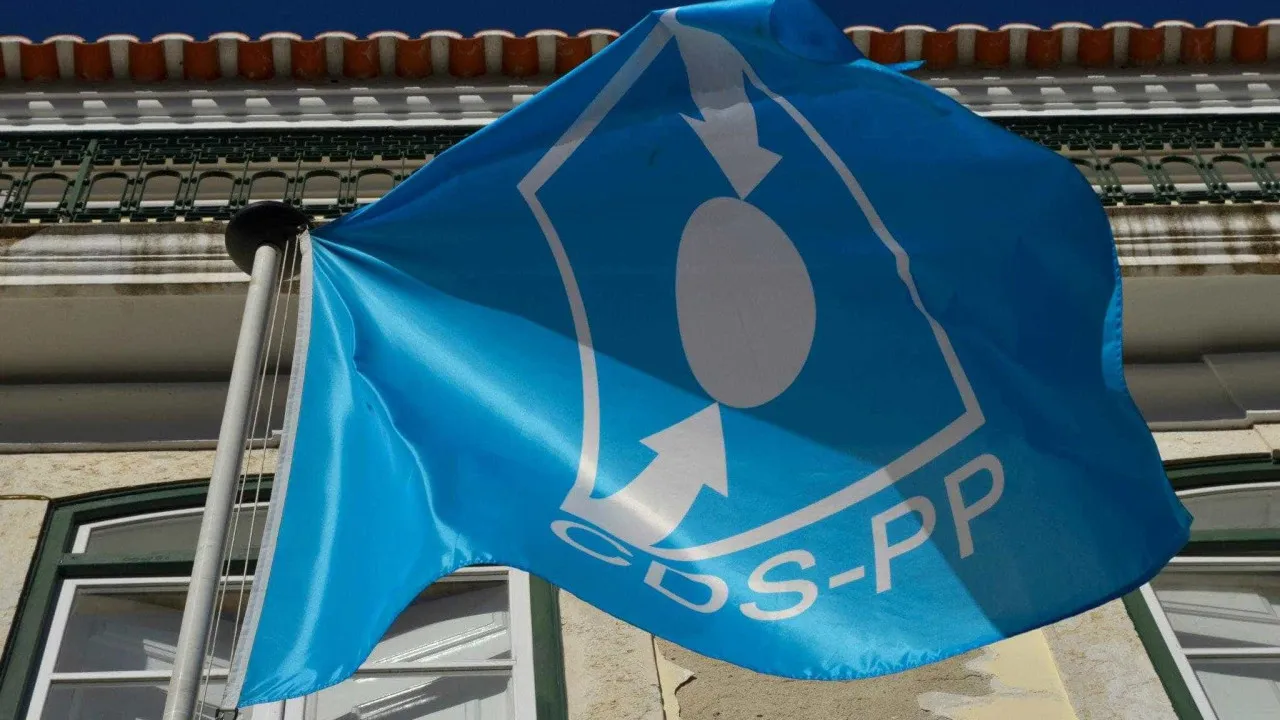
Although the official submission of the annual IRS declaration begins on April 1, access to the declaration is already available, prompting some taxpayers to attempt to ascertain today the amount of tax they are due to receive or pay for the income of 2024.
In comments to Lusa, Paula Franco, the chair of the Order of Certified Accountants (OCC), mentioned receiving feedback from individuals who are “surprised either by the considerable decrease in the refund or even by having to pay taxes.”
However, Franco highlighted that this situation was “expected,” given the convergence observed over the past two years between “the final IRS account” and the monthly withholding. This is also due to the “substantial reduction” in withholding last September and October, made to adjust the monthly tax payment to the decreases in IRS rates and other changes to the tax approved in parliament earlier in the summer.
“Therefore, it was expected that this year, indeed, when taxpayers submit their IRS declaration and conduct the simulation, they will find they will receive significantly less or even owe taxes,” emphasized Paula Franco.
As an example, she cited the case of a single pensioner with a pension of about 1,300 euros, who last year received a refund of around 500 euros but this year will owe 50 euros. In another case, a couple of pensioners, each with pensions of approximately 3,500 euros, conducted a simulation concluding that they will receive a refund of 2,500 euros this year, down from about 4,000 euros last year.
Franco noted, however, that the reduction in the refund compared to usual, or the transition from a refund to an ‘IRS account,’ does not imply that taxpayers are being disadvantaged or paying more tax. This situation results from the fact that, in 2024, they withheld less tax monthly.
“Taxpayers are not disadvantaged,” Franco explained, adding that workers and pensioners “advanced less to the State, withheld less, had more money throughout the year, and now, during this final adjustment, there is less refund or tax to pay.”
Lusa also received reports from several taxpayers with similar situations based on simulation outcomes. One mentioned that they usually received a refund but will have to pay about 700 euros this year, while another saw their refund drastically reduce (they will receive approximately 400 euros).
Some individuals are satisfied with the simulation outcome because, after changing jobs and benefiting from the extraordinary reduction in withholding applied in September and October (based on a higher new salary), they will still receive a refund—attributing this to the significant increase in deductions for postgraduate tuition and medical expenses.
Adjustments in withholding tables made in recent years aim to increasingly align the withholding with the actual tax each person must pay, but the final outcome is always influenced by the deductible expenses presented.
Following various IRS changes approved by parliament, new withholding tables with specially reduced rates were published for September and October to compensate taxpayers for the excess withholding between January and August (before tax changes took effect).
During those two months, salaries up to approximately 1,700 euros gross paid 0% IRS (benefiting taxpayers with increased disposable income) and, for higher salaries, the withholding was also lower than usual.




